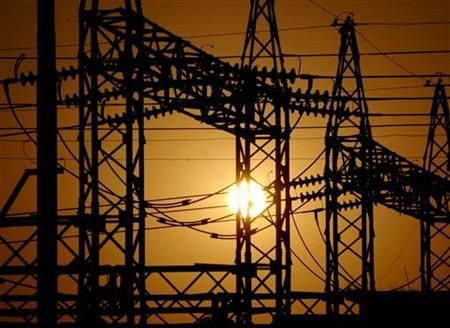Mega-Deal: India Agrees To Help Provide Bangladesh With More Electric Power

Despite long-standing disputes over water rights and other issues between their two countries, India and Bangladesh have entered into an agreement to cooperate in trade, communications, investment and energy. Specifically, India has agreed to provide Bangladesh with an additional 100 megawatts (MW) of electric power from the grid in Palatana in the Indian province of Tripura (which is located to the east of Bangladesh) in order to satisfy growing demand.
The Daily Star newspaper of Bangladesh noted that India currently provides her neighbor with 500 MW of electricity. Of that total, Bangladesh buys 250 MW from an Indian state-owned company and the other 250 MW from a private company under an agreement signed in 2010. But this is not enough to feed Bangladesh’s huge demand, the Prothom Alo newspaper reported.
Manmohan Singh, the Indian Prime Minister, met with his Bangladeshi counterpart Sheikh Hasina, to discuss bilateral agreements at the BIMSTEC Summit in Nay Pyi Taw, Myanmar (Burma). BIMSTEC stands for “The Bay of Bengal Initiative for Multi-Sectoral Technical and Economic Cooperation,” an international organization comprising Bangladesh, India, Myanmar, Sri Lanka, Thailand, Bhutan and Nepal, which meets to discuss various matters, including trade, security, public health and poverty alleviation.
The Dhaka Tribune reported that Hasina emphasized the crucial need for electricity for Bangladesh’ economy and her determination to turn the impoverished state into a middle-income country by the year 2021. According to the U.S. Energy Information Administration, electric consumption in Bangladesh climbed by an average of 12 percent annually from 2000 to 2010, which has strained the country's electricity grid. Less than half (47 percent) of the population has access to electricity, according to the World Bank. “Those who do not have access to electricity mainly rely on traditional biomass and waste for cooking and heating,” the EIA added.
Hasina also suggested that two other neighboring countries, Bhutan and Nepal, should consider joint endeavors to constrict hydropower plants to help meet electricity demand across the region.
The meeting between Hasina and Singh was their first encounter since Hasina won a disputed general election in January. Alas, it may have represented the last time they meet on official terms since Singh’s term as Indian prime minister will expire within two months in conjunction with new general elections.
However, India and Bangladesh failed to resolve their long-simmering conflicting over the use of water from the Teesta River. “Modalities need to be found for the sharing of water resources, especially of common waters,” Prime Minister Hasina told the BIMSTEC Summit. “As, for example, Bangladesh and India are sharing the waters of river [Ganges] with the signing of the 30-year-old Ganges Water Sharing Treaty, with others to follow soon.”
A recent agreement over the Teesta River was squelched when Mamata Banerjee, the chief minister of West Bengal, the Indian province that borders Bangladesh to the west, refused to abide by it. The Free Press Journal newspaper reported that India and Bangladesh share water resources from about 54 rivers, but tensions are rife over the allocations.
© Copyright IBTimes 2024. All rights reserved.





















